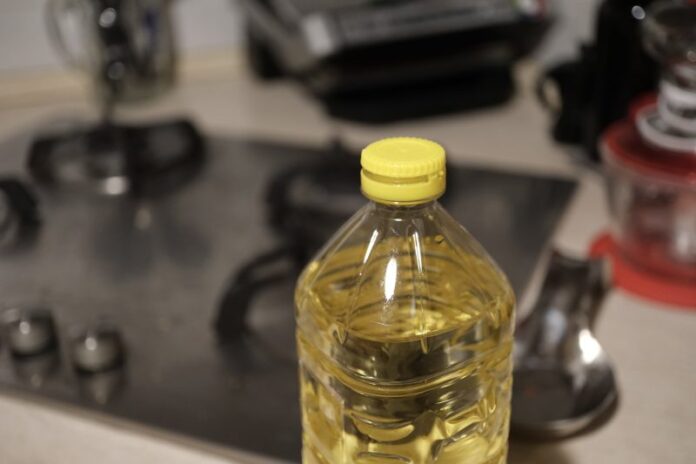(NewsNation) — The debate over whether seed oils are healthy or harmful is intensifying as Robert F. Kennedy Jr. has taken a strong stance against them.
Kennedy, who doesn’t have a medical degree but is President Donald Trump’s nominee for Health and Human Services secretary, has compared seed oils – like canola and grapeseed – to junk food and “poisons.”
“Seed oils — soy, canola, sunflower, and then, you know, wheat and corn … Doritos, Cheez-Its. Cap’n Crunch, gummy bears. Everyone knows that these are junk foods. So maybe you wouldn’t be too surprised to see that the ingredients include a lot of poisons,” Kennedy said.
So, are seed oils in our food “poisoning us,” as Kennedy suggests?
Seed oils are refined oils manufactured from canola, corn, cottonseed, grapeseed, soy, sunflower, safflower, and rice bran. They’re sometimes referred to as the “hateful eight” by critics who say they contribute to inflammation, diabetes, obesity and other chronic diseases because they are high in omega-6 fatty acids and low in omega-3 fatty acids.
Some also argue these oils can break down during cooking or even while stored, releasing harmful molecules that can damage cells.
On the other hand, many nutritionists consider these oils, which are unsaturated fats, to be healthier than saturated fats such as butter or lard.
“They are a healthy fat to consume, particularly when you replace animal fat and sources of saturated fat in the diet,” said Alice H. Lichtenstein, professor of Nutrition and Science and Policy at Tufts University. “People that consume dietary patterns that are higher in plant oils and plants in general have better health outcomes.”
As for the difference between omega-6s and omega-3s, one expert told NBC News the difference is overblown.
“The omega-3s are a little less inflammatory than the omega-6s,” said Christopher Gardner, director of nutrition studies at the Stanford Prevention Research Center. “There are some byproducts of omega-6s that could contribute in some way to inflammation, but the net impact is not pro-inflammatory.”
The real problem with seed oils, according to Cleveland Clinic registered dietitian Julia Zumpano, isn’t the oils themselves. The problem is they’re often used to make processed foods that are high in calories and low in nutritional value.
“Most seed oils are being utilized in the form of processed packaged foods, fast foods and eating out, and even foods that are considered minimally processed but are still packaged,” Zumpano said.
Cutting out seed oils can have health benefits if it means you end up eating less junk food.
“When you cut seed oils from your diet, what you’re really doing is cutting out many processed foods,” Zumpano said. “I think that’s why we’re hearing about them as being so bad for your health. But it’s less about the seed oils themselves and more about the fact that they’re so often found in ultra-processed foods.”
Both supporters and critics of seed oils argue more research and transparency would help Americans make more educated food choices.
“It’s a really simple question: Are these healthy? Are these good? Are these bad, or are they not? But we really don’t have enough research to have really clear answers, and that’s kind of why they’re all the rage right now,” said internal medicine specialist Dr. Heather Hirsch.
